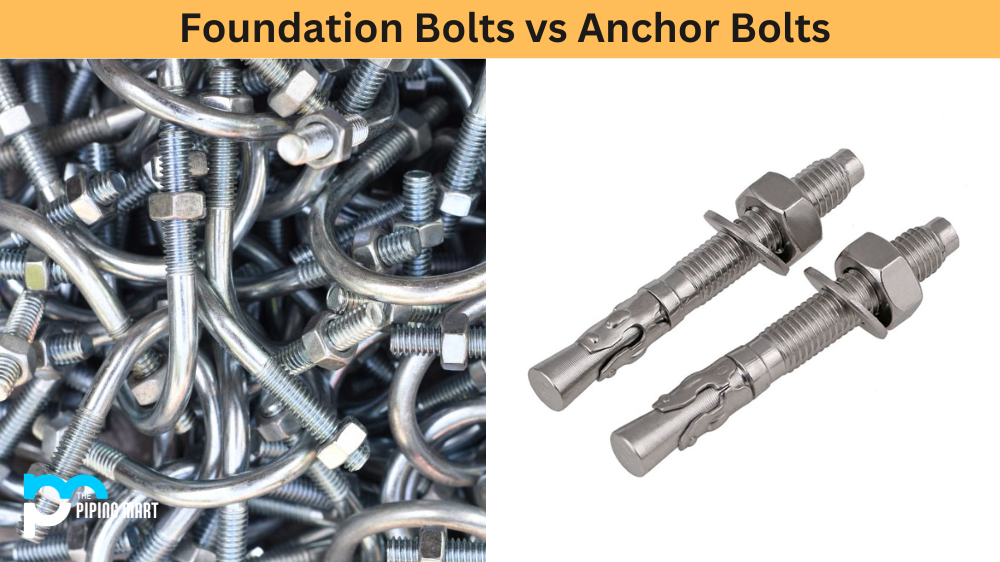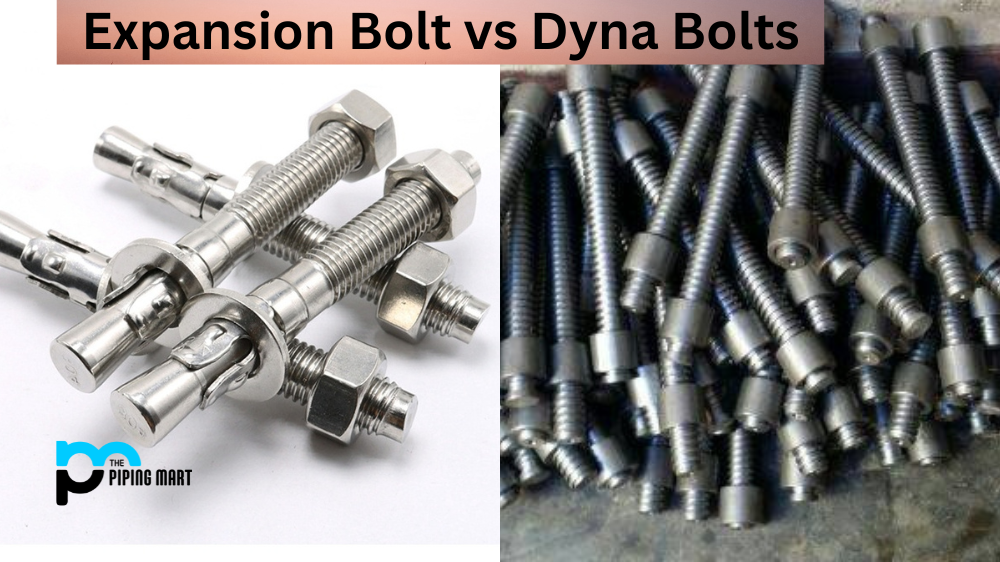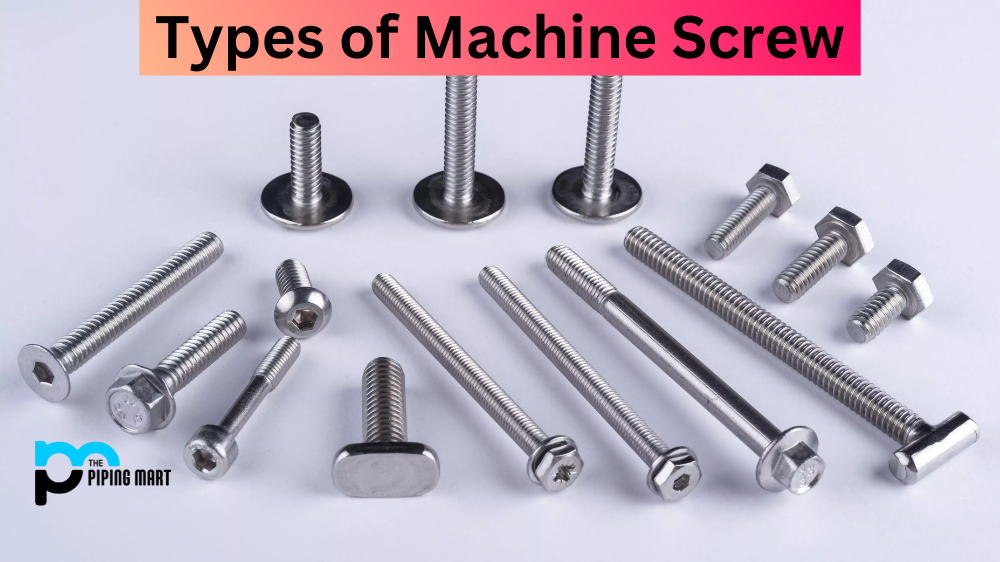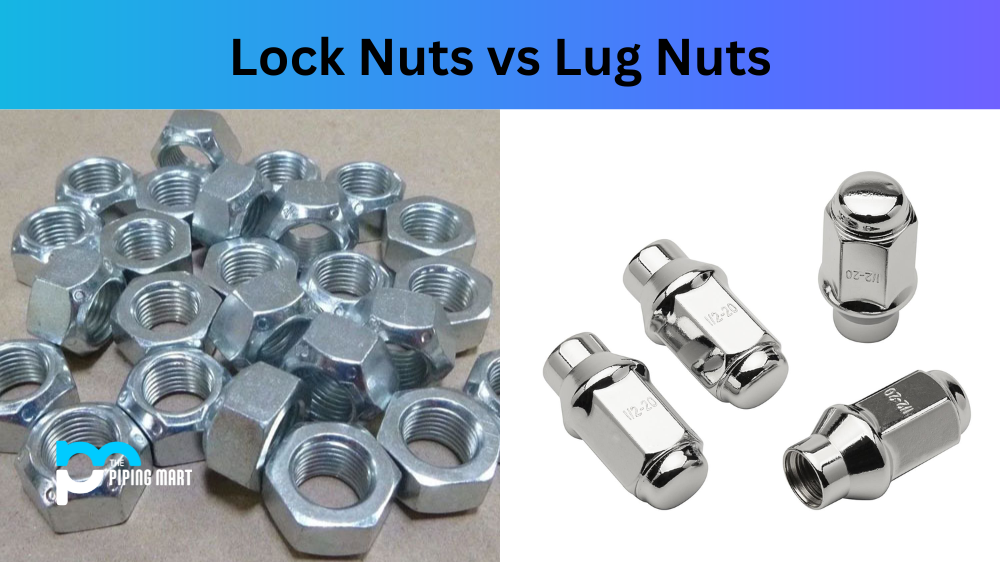When laying down the foundation of any construction project, you will most likely encounter two bolts: foundation bolts and anchor bolts. While these bolts seem similar, they differ slightly and are used for various purposes. Understanding them is essential as the success of your project may depend on using suitable types of bolts. This article will discuss the differences between foundation and anchor bolts, their applications, and their pros and cons.
Foundation Bolts
Foundation bolts, also commonly known as anchor rods, are threaded rods embedded deep into the concrete to create a strong and stable foundation for a building, machine, or equipment. They are used to fix structural steel columns, frame structures, concrete walls, and other heavy-duty support beams firmly to the foundation. The bolts’ lengths depend on the foundation’s required depth and the anchor plate’s thickness. Foundation bolts come in various styles, such as J-bolts, L-bolts, straight-bar bolts, and bent-bar bolts.
One of the critical advantages of foundation bolts is their exceptional holding capacity, which makes them ideal for supporting the building’s weight against earthquakes and strong winds. They are also easy to install and provide long-lasting support.
Anchor Bolts
Anchor bolts are designed to anchor objects onto the surface of the concrete without embedding them into the foundation. This bolt type is handy when securing machines, equipment, or racks to a concrete floor. In addition, they can also be used to hold down steel plates, framing, or rails onto the concrete surface.
Unlike foundation bolts, anchor bolts can be installed after the concrete has been cured. They are available in various sizes, thicknesses, and shapes, such as J-bolts, U-bolts, L-bolts, and wedge anchors. One of the primary advantages of anchor bolts is their ability to withstand high dynamic loads, making them the go-to bolt for machine installations and heavy-duty equipment.
Advantages and Disadvantages
The choice of foundation or anchor bolts depends on the intended use and the specific load requirements. Foundation bolts are ideal for high-load applications with high stability, such as skyscrapers, bridges, and heavy machinery installations. They offer excellent strength and are highly durable. On the other hand, anchor bolts are best suited for low-load applications where objects need to be fastened to a concrete surface. They are highly versatile, easy to install, and allow for easy relocation.
Difference Between Foundation Bolts and Anchor Bolts
- Foundation bolts are used to connect a structure to its foundation, while anchor bolts are used to connect a system to another network.
- Foundation bolts are typically made from steel, while anchor bolts can be made from steel or other materials.
- Foundation bolts are typically installed before the concrete foundation is poured, while anchor bolts can be installed after the concrete is poured.
- Foundation bolts are typically embedded in the concrete foundation, while anchor bolts generally are not embedded in the concrete.
- Foundation bolts typically have a smooth shank, while anchor bolts may have a threaded shank.
- Foundation bolts typically have a hex head, while anchor bolts may have various head types.
- A wrench typically tightens foundation bolts, while anchor bolts may be drawn with various tools.
- Foundation bolts are typically used for structural applications, while anchor bolts may be used for structural and non-structural applications.
- Foundation bolts are typically more expensive than anchor bolts.
Conclusion
In conclusion, it is critical to understand the differences between foundation bolts and anchor bolts before embarking on any construction project. Foundation bolts are embedded deep into the foundation and are used for high-load applications, while anchor bolts are used to fasten objects to the concrete surface. Understanding the advantages and disadvantages of each type of bolt will help you make an informed decision and avoid costly mistakes. Always ensure your projects are adequately supported and secured using the correct bolts.

A passionate metal industry expert and blogger. With over 5 years of experience in the field, Palak brings a wealth of knowledge and insight to her writing. Whether discussing the latest trends in the metal industry or sharing tips, she is dedicated to helping others succeed in the metal industry.




